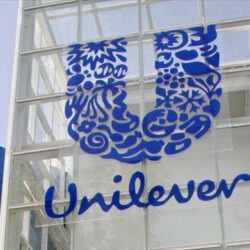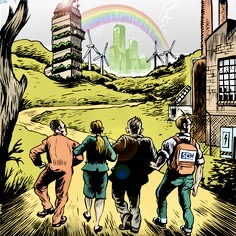Unilever saves money by investing in sustainability

Unilever has saved US$1.5 billion in costs since 2008 by sourcing more sustainably, according to the Anglo-Dutch multinational’s ‘Full Year 2020 Results & Strategic Refresh’ publication. In the report, CEO Alan Jope writes that he has noticed a pattern: sustainability investments very often result in long-term savings.
In one example, Unilever met its operational targets for using renewable electricity a year ahead of schedule. According to Jope, the associated purchase contracts for ‘green energy’ have resulted in huge savings. He adds that higher crop yields from more sustainable farming are providing similar cost benefits.
In addition, as more recycling systems are implemented worldwide, the cost of recycled plastic is predicted to fall below the price of virgin plastic. Jope therefore expects Unilever’s move to recycled plastic – which currently costs 1-10% more – to generate further cost benefits over time.
“Unilever views sustainability as a benefit that sometimes comes with initial cost premiums that we have to work our way through,” states Jope. However, the CEO believes that the ultimate cost benefits can be significant enough to encourage companies to make the effort to become more sustainable.
Environmental risks facing supply chains
The charity CDP has calculated that supply chains face US$120 billion worth of environmental risks over the next five years. This has prompted companies to take more control over their goods flows and improve their supply chain visibility by making their operations more environmentally friendly and insisting on more transparency and support from suppliers.
Last year, Unilever announced that it was making €1 billion in funding available for its Clean Future programme in which the group monitors its suppliers’ emissions and links them to its invoicing, for example. Unilever also wants to reduce the use of virgin plastic and increase its plastic waste collection and recycling activities. In addition, the multinational is aiming for a deforestation-free supply chain by 2023 and to achieve zero net carbon emissions for its products by 2039.










